Home>Garden Essentials>How Long For Mini Clover To Germinate
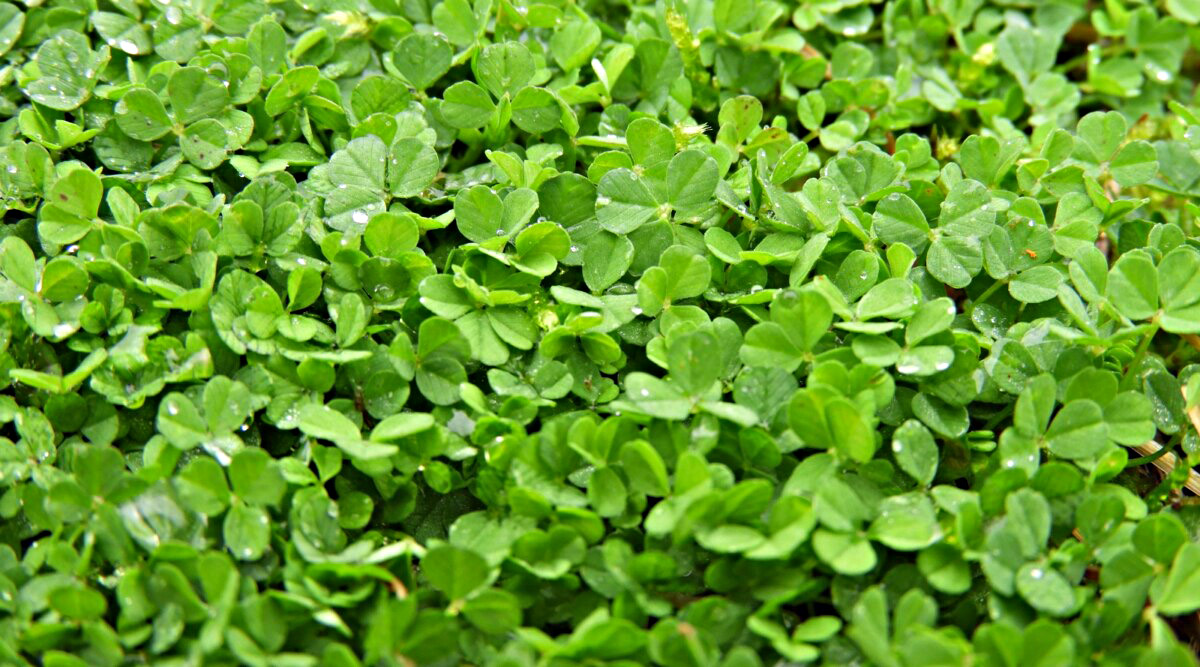

Garden Essentials
How Long For Mini Clover To Germinate
Modified: October 19, 2024
Discover how long it takes for mini clover to germinate in your garden. Uncover tips and tricks for successful growth.
(Many of the links in this article redirect to a specific reviewed product. Your purchase of these products through affiliate links helps to generate commission for Storables.com, at no extra cost. Learn more)
Introduction
Welcome to the wonderful world of gardening! Whether you’re an experienced green thumb or just starting out, growing your own garden can be a fulfilling and rewarding experience. One particular plant that deserves your attention is mini clover. This compact and hardy plant not only adds beauty to your garden but also offers numerous benefits, such as nitrogen fixation, weed suppression, and erosion control.
In order to successfully grow mini clover, it’s important to understand the process of germination. Germination is the first step in a plant’s life cycle, where a seed transforms into a young plant. It’s a critical stage that requires the right conditions and care to ensure healthy growth.
In this article, we will explore the factors that affect mini clover germination, the ideal germination conditions, the germination time for mini clover, as well as some tips for faster germination. By understanding and implementing these guidelines, you can boost the success rate of your mini clover germination and enjoy a lush and vibrant garden.
Key Takeaways:
- Mini clover seeds typically germinate within 7 to 14 days, but factors like temperature, moisture, and light affect the process. Patience and proper care lead to successful sprouting.
- To speed up mini clover germination, consider pre-soaking seeds, ensuring proper watering, and providing optimal temperature and light exposure. Overcoming challenges like poor seed quality and inconsistent moisture is key.
Read more: How Long For Crimson Clover To Germinate
Factors Affecting Mini Clover Germination
Several factors contribute to the successful germination of mini clover seeds. Understanding these factors will help you create the optimal conditions necessary for seedling growth. Here are some key factors to consider:
- Temperature: Temperature plays a critical role in seed germination. Mini clover seeds thrive in moderate temperatures, ranging from 65 to 75 degrees Fahrenheit (18 to 24 degrees Celsius). Extreme heat or cold can hinder the germination process, so it’s important to choose the right time of year or provide suitable environmental controls, such as a greenhouse or indoor germination setup.
- Moisture: Adequate moisture is vital for seed germination. Mini clover seeds require consistent moisture throughout the germination process. However, over-watering can lead to rotting and fungal issues, so it’s important to strike the right balance. Pre-soaking seeds in water for a few hours before sowing can help kickstart the germination process.
- Soil Quality: The quality of the soil greatly affects seed germination. Mini clover thrives in well-draining soil with a pH level between 6.0 and 7.0. If your soil is heavy and compacted, consider amending it with organic matter such as compost or peat moss to improve drainage and provide essential nutrients. Additionally, removing any weeds or debris from the planting area will give the seeds a better chance to establish and grow.
- Light: Mini clover seeds require exposure to light for successful germination. Unlike some other seeds that need darkness to sprout, mini clover seeds should be sown on the soil surface or just lightly covered with a thin layer of soil to allow for light penetration. Placing a clear plastic cover or using a grow light can help maintain the proper level of light during the germination process.
By considering these factors and providing the ideal conditions, you can increase the chances of successful mini clover germination. However, it’s essential to note that every garden is unique, and slight adjustments may be necessary based on your specific climate and soil conditions.
Ideal Germination Conditions for Mini Clover
Creating the ideal germination conditions for mini clover is essential to ensure successful seedling growth. Here are the key factors to consider:
- Temperature: Mini clover seeds require a moderate temperature range for optimal germination. The ideal temperature range is between 65 and 75 degrees Fahrenheit (18 to 24 degrees Celsius). Maintaining a consistent temperature within this range will promote quick and healthy seed germination.
- Moisture: Adequate moisture is crucial to support germination. Mini clover seeds need a consistently moist environment to sprout. It is recommended to water the seeds gently and keep the soil moist but not waterlogged. Regularly monitor the moisture level and adjust watering accordingly to prevent the seeds from drying out or becoming too saturated.
- Light: Mini clover seeds require exposure to light for successful germination. Therefore, it is important to sow the seeds on the soil surface or just lightly cover them with a thin layer of soil to allow for light penetration. Place the planted seeds in an area that receives full or partial sunlight throughout the day.
- Soil Quality: The soil quality greatly affects mini clover germination. Choose a well-draining soil with a pH level between 6.0 and 7.0. If the soil is heavy and compacted, consider amending it by incorporating organic matter like compost or peat moss to improve drainage and nutrient availability. Mini clover seeds prefer loose and crumbly soil for easy root penetration.
- Timing: Selecting the right time to sow mini clover seeds is crucial for successful germination. Optimal planting time is during the spring or fall, when the soil temperature is within the recommended range. Avoid sowing seeds during extreme temperatures, as it can hinder germination and seedling growth.
By ensuring these ideal germination conditions are met, you can provide the best environment for your mini clover seeds to sprout and thrive. Remember to monitor the soil moisture, provide adequate light exposure, and maintain the proper temperature to support healthy germination.
Germination Time for Mini Clover
The germination time for mini clover can vary depending on various factors, including environmental conditions, seed quality, and cultivation practices. On average, mini clover seeds typically germinate within 7 to 14 days, but it’s important to note that germination can take longer under less ideal conditions.
Factors such as temperature, moisture levels, and light exposure play a significant role in the germination process. Maintaining a consistent temperature range of 65 to 75 degrees Fahrenheit (18 to 24 degrees Celsius) and providing adequate moisture are key to promoting faster germination. Light exposure is also crucial, as mini clover seeds require exposure to light for successful sprouting.
Additionally, the quality of the seeds can impact germination time. High-quality seeds from reputable sources often have a higher germination rate and tend to sprout more quickly. It’s a good practice to select fresh, viable seeds for the best germination results.
While mini clover seeds generally germinate within a specific timeframe, it’s important to be patient and monitor the progress. Some seeds may sprout earlier, while others may take a bit longer. Providing consistent care, including proper watering, light exposure, and soil conditions, will help ensure successful germination.
It’s worth noting that after germination, mini clover seedlings will require continued care and maintenance. As they grow, it’s important to thin out the seedlings and provide adequate spacing to allow for proper growth and development. Regular watering, fertilization, and weed control measures will help the seedlings establish strong roots and flourish.
Overall, with proper care and attention to the ideal germination conditions, you can expect mini clover seeds to sprout and begin their journey towards becoming a vibrant and beautiful addition to your garden.
Mini clover typically takes about 7-14 days to germinate. To help speed up the process, keep the soil consistently moist and provide plenty of sunlight.
Tips for Faster Germination of Mini Clover
For gardeners eager to see their mini clover seeds sprout quickly, there are a few tips and techniques that can promote faster germination. By following these suggestions, you can shorten the germination time and expedite the growth process of your mini clover seeds:
- Pre-soaking: Before planting, consider pre-soaking your mini clover seeds in water for a few hours or overnight. This can help soften the seed coat and stimulate the germination process, leading to quicker sprouting.
- Scarification: Mini clover seeds have a hard outer coating that can sometimes delay germination. To speed up the process, you can scarify the seeds by gently rubbing them with sandpaper or nicking them with a small file. This mechanical scarification breaks the seed coat, allowing moisture to penetrate and trigger germination.
- Proper watering: Maintaining consistent moisture levels is crucial for fast germination. It’s important to keep the soil evenly moist throughout the germination period. Monitor the moisture level regularly and avoid over-watering, as it can lead to rotting or fungal issues.
- Good drainage: Mini clover seeds require well-draining soil for successful germination. Ensure proper soil drainage by amending heavy or compacted soil with organic matter such as compost or peat moss. Well-draining soil allows for better root penetration and nutrient uptake, promoting faster growth.
- Optimal temperature: Maintaining the right temperature range during the germination process can speed up seed sprouting. Aim for a temperature range between 65 and 75 degrees Fahrenheit (18 to 24 degrees Celsius) to provide the ideal conditions for fast and healthy germination.
- Light exposure: Mini clover seeds require exposure to light for successful germination. Ensure that your planted seeds receive adequate light by sowing them on the soil surface or lightly covering with a thin layer of soil. If using a grow light, keep it on for 12 to 14 hours a day to provide the necessary light intensity.
- Avoid disturbance: Once you have sown mini clover seeds, avoid unnecessary disturbance of the soil. Excessive foot traffic or heavy watering can dislodge or bury the seeds, delaying germination. Take steps to protect the seeded area and minimize any disturbances until the seedlings have established.
By implementing these tips, you can significantly improve the germination rate and reduce the time it takes for your mini clover seeds to sprout. Remember to be patient and provide consistent care and maintenance as the seedlings emerge and grow into vibrant plants in your garden.
Read more: How Long For White Clover To Germinate
Common Challenges and Solutions in Mini Clover Germination
While growing mini clover can be a rewarding experience, there are certain challenges that gardeners may encounter during the germination process. By being aware of these challenges and having solutions at hand, you can overcome them and ensure successful mini clover germination. Here are some common challenges and their corresponding solutions:
- Poor seed quality: Sometimes, low-quality or old seeds may have low germination rates. To overcome this challenge, always purchase seeds from reputable sources that offer high-quality, fresh seeds. Performing a germination test before planting can help assess the viability of the seeds.
- Inconsistent moisture: Inadequate or inconsistent moisture can hinder germination and seedling growth. To maintain consistent moisture levels, ensure proper watering practices. Water the seeds gently and keep the soil evenly moist but not waterlogged. Consider using a misting nozzle or a drip irrigation system to provide a fine and consistent spray of water.
- Poor soil drainage: Mini clover seeds require well-draining soil for successful germination. If your soil has poor drainage, it can lead to waterlogging and rotting of the seeds. To improve soil drainage, amend the soil with organic matter such as compost or peat moss. Alternatively, consider planting in raised beds or containers with well-draining potting soil.
- Incorrect temperature: Extreme temperatures, either too hot or too cold, can adversely affect germination. Ensure that the temperature is within the recommended range of 65 to 75 degrees Fahrenheit (18 to 24 degrees Celsius). If growing in less favorable conditions, consider using a greenhouse, cold frame, or indoor germination setup to provide better temperature control.
- Competing weeds: Weeds can outcompete mini clover seedlings for nutrients and space, hindering their growth. Prior to planting, remove any existing weeds and create a weed-free environment. Applying a layer of mulch around the newly sown seeds can help suppress weed growth. Regular weeding and maintenance will ensure the mini clover seedlings have the best chance to thrive.
- Insufficient light: Mini clover seeds require exposure to light for successful germination. If growing indoors or in shady areas, ensure that the seeds receive adequate light by using a grow light or placing them in a location that gets partial or full sunlight. Monitor the light intensity and duration to promote healthy germination and seedling growth.
By addressing these common challenges with the suggested solutions, you can overcome obstacles that may arise during mini clover germination and set the stage for successful growth. Remember to stay attentive, provide proper care, and remain patient as you nurture your mini clover from seed to a flourishing addition to your garden.
Conclusion
Growing mini clover from seed can be a rewarding and enriching experience for any gardener. By understanding the factors that affect germination, creating ideal germination conditions, and implementing effective techniques, you can increase the chances of successful mini clover germination.
Factors such as temperature, moisture levels, light exposure, and soil quality play key roles in the germination process. Providing a moderate temperature range, consistent moisture, proper light exposure, and well-draining soil are essential for promoting fast and healthy germination.
To expedite the germination process, tips and techniques such as pre-soaking, scarification, proper watering, good drainage, optimal temperature, and adequate light exposure can be utilized. These strategies can help overcome common challenges such as poor seed quality, inconsistent moisture, poor soil drainage, incorrect temperature, weed competition, and insufficient light.
Remember to be patient during the germination process, as it may take around 7 to 14 days for mini clover seeds to sprout. Once germination occurs, continue to provide proper care and maintenance to ensure the healthy growth of mini clover seedlings.
By implementing the guidelines provided in this article and adapting them to your specific garden conditions, you can increase the success rate of mini clover germination and enjoy the beauty and benefits that this wonderful plant brings to your garden.
So roll up your sleeves, get your hands in the soil, and embark on a mini clover growing adventure. Prepare your garden with the ideal germination conditions, nurture the seeds, and watch as your mini clover plants flourish and beautify your outdoor space.
Frequently Asked Questions about How Long For Mini Clover To Germinate
Was this page helpful?
At Storables.com, we guarantee accurate and reliable information. Our content, validated by Expert Board Contributors, is crafted following stringent Editorial Policies. We're committed to providing you with well-researched, expert-backed insights for all your informational needs.
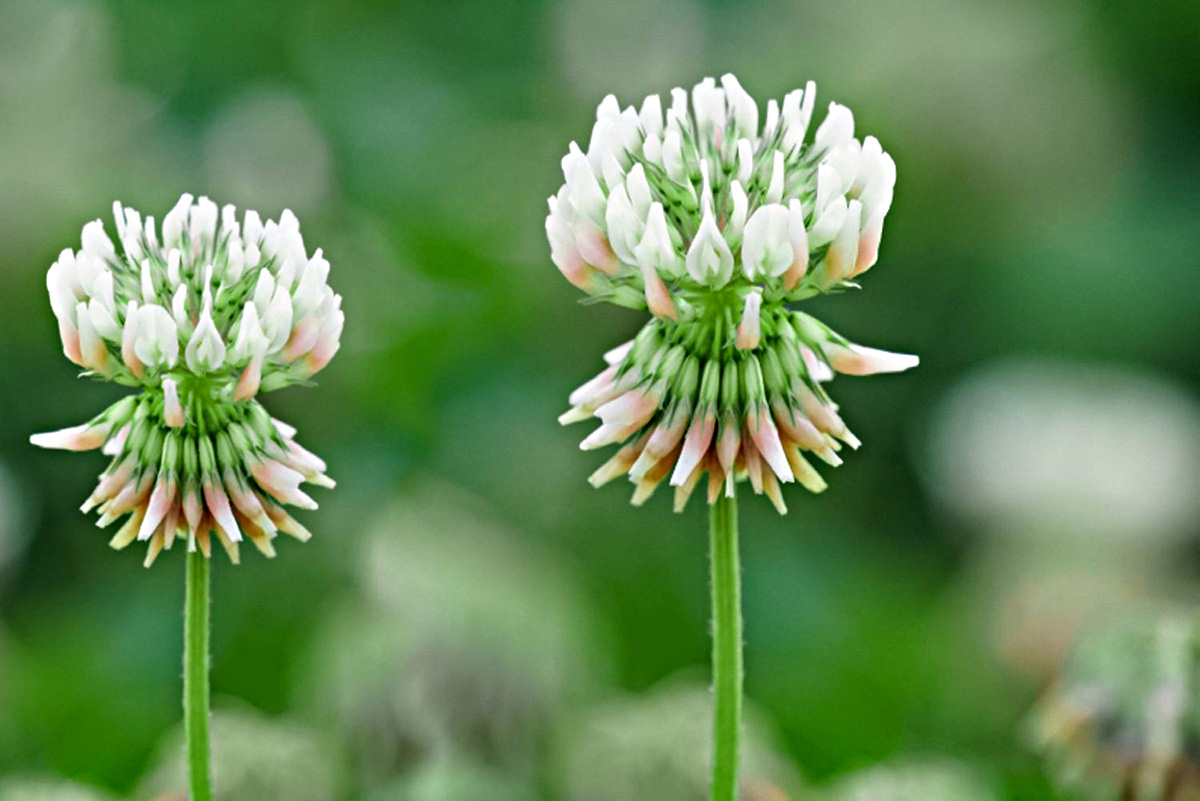
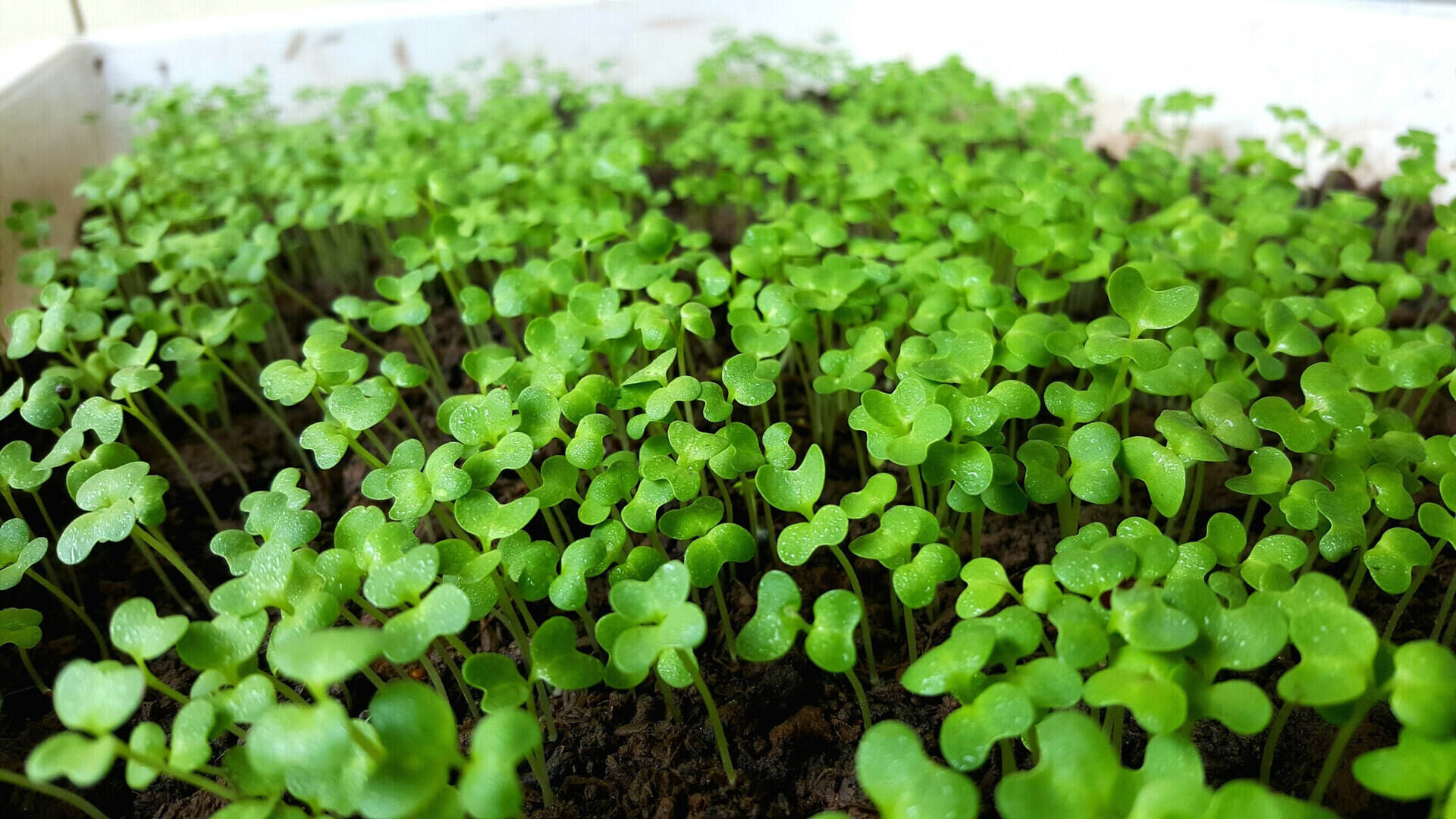
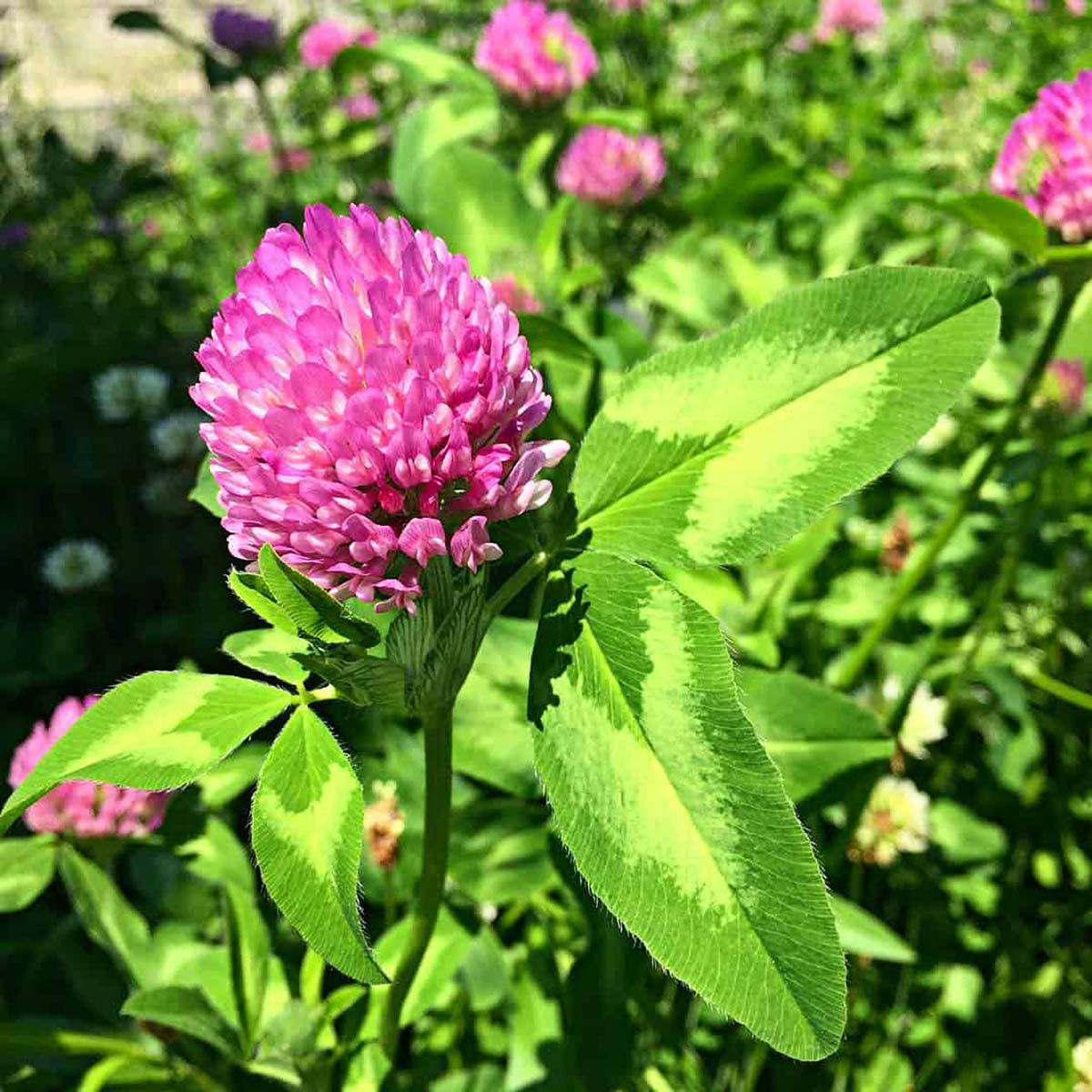
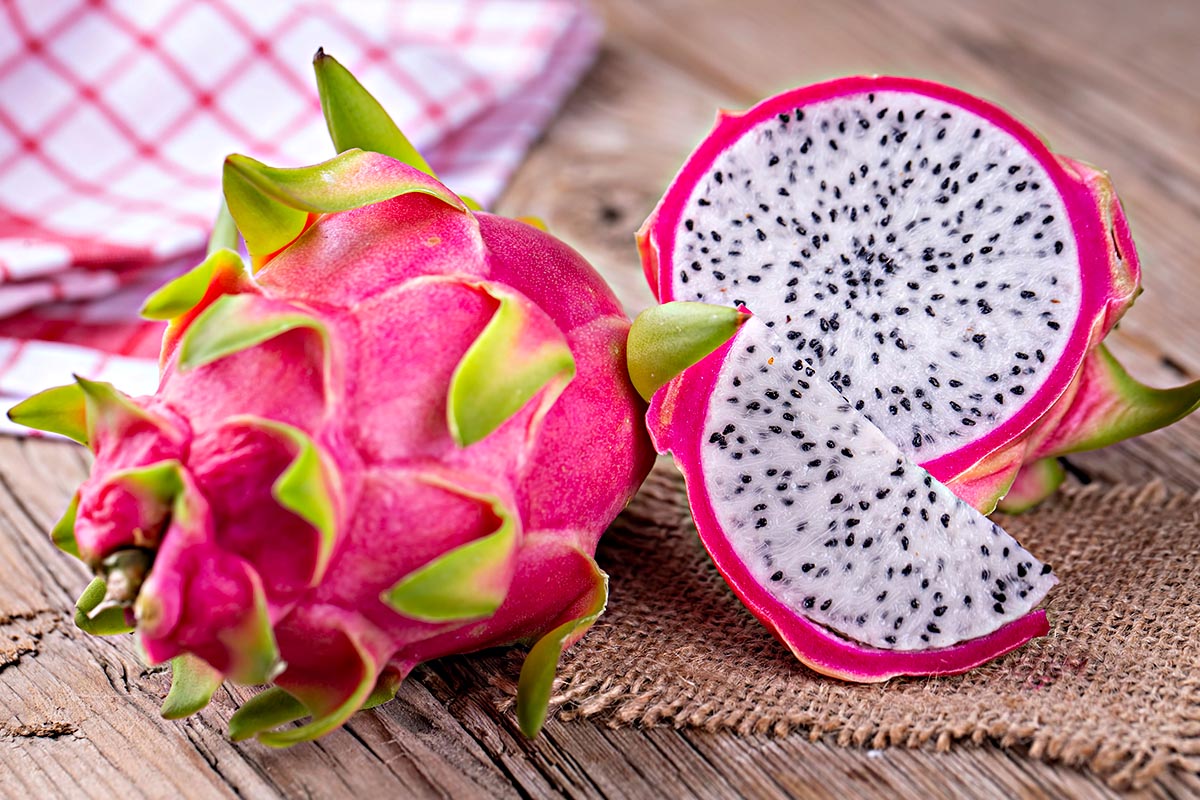
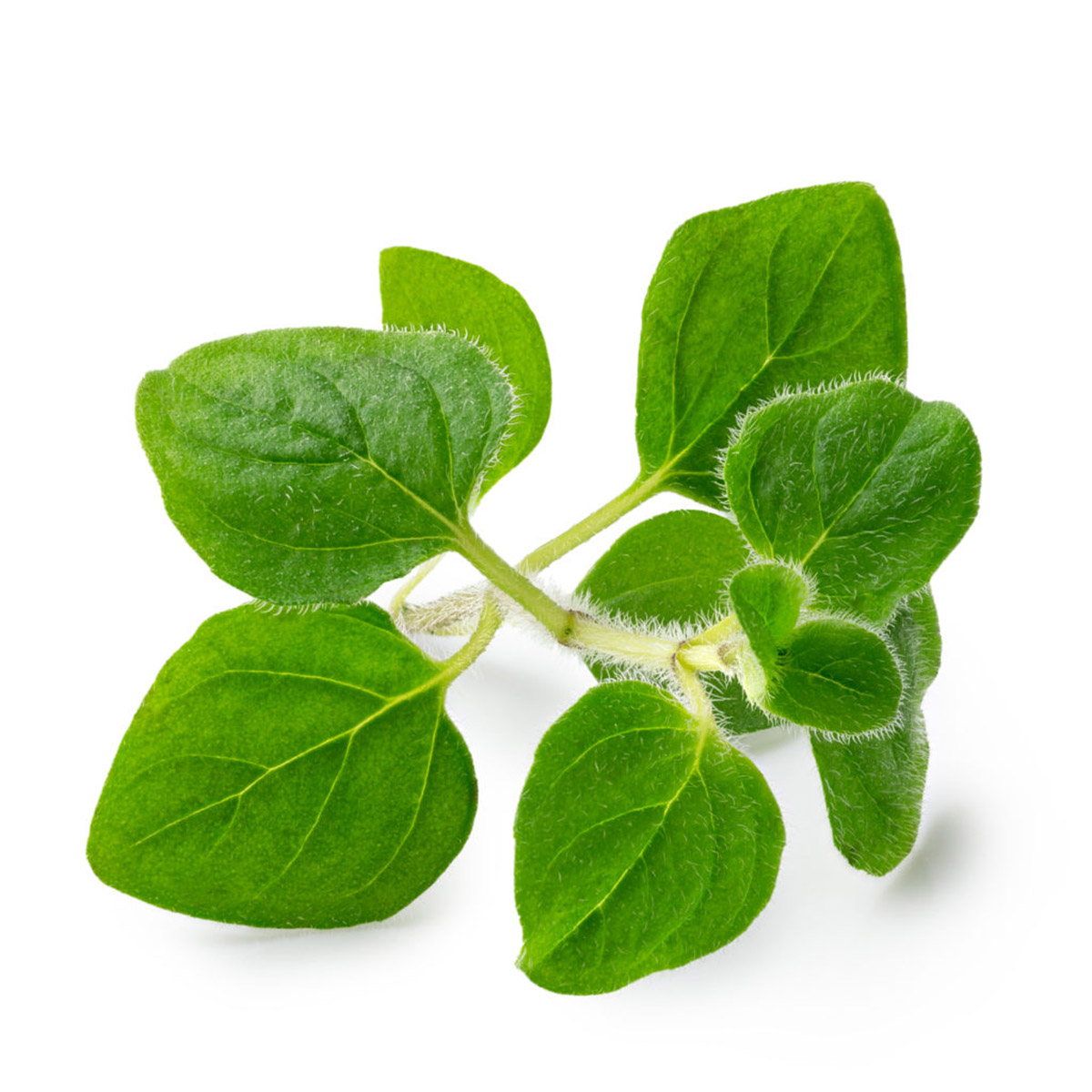
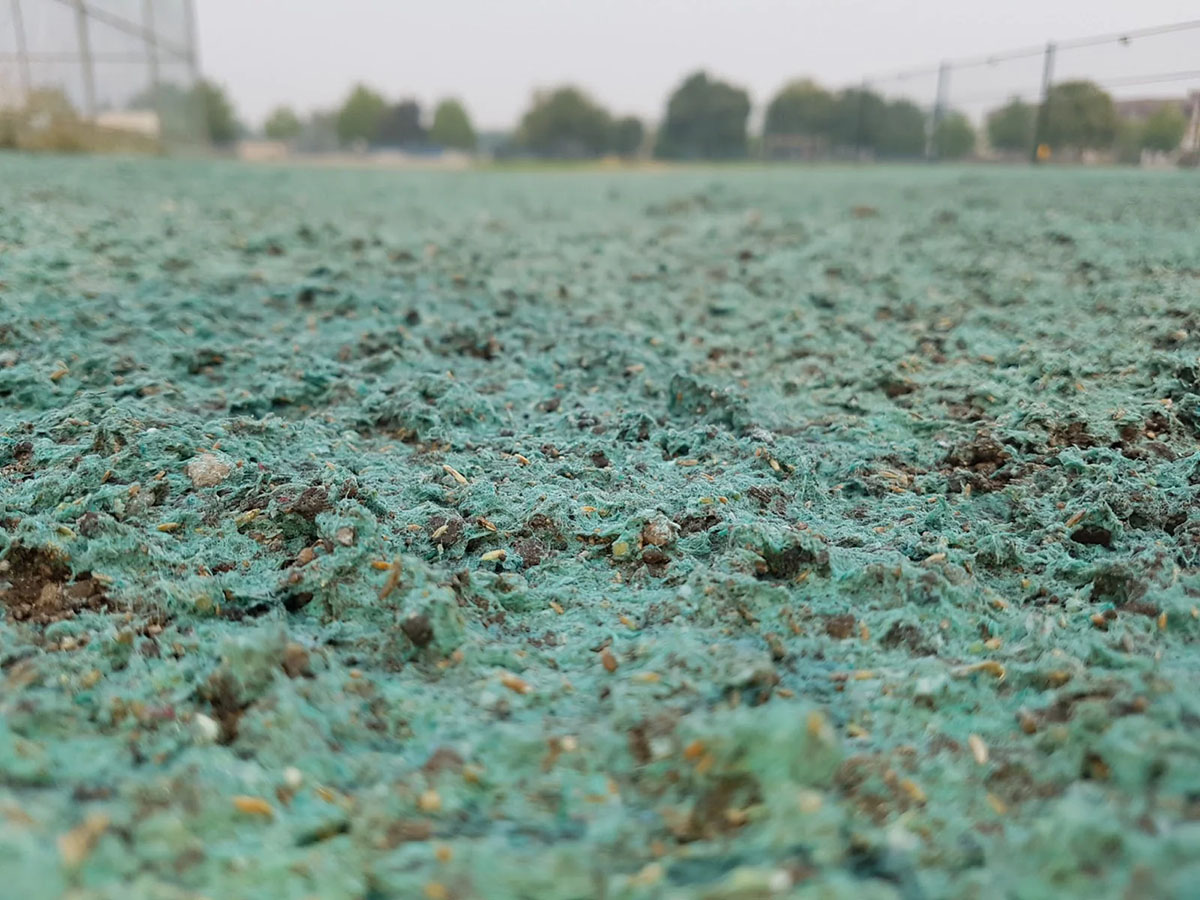
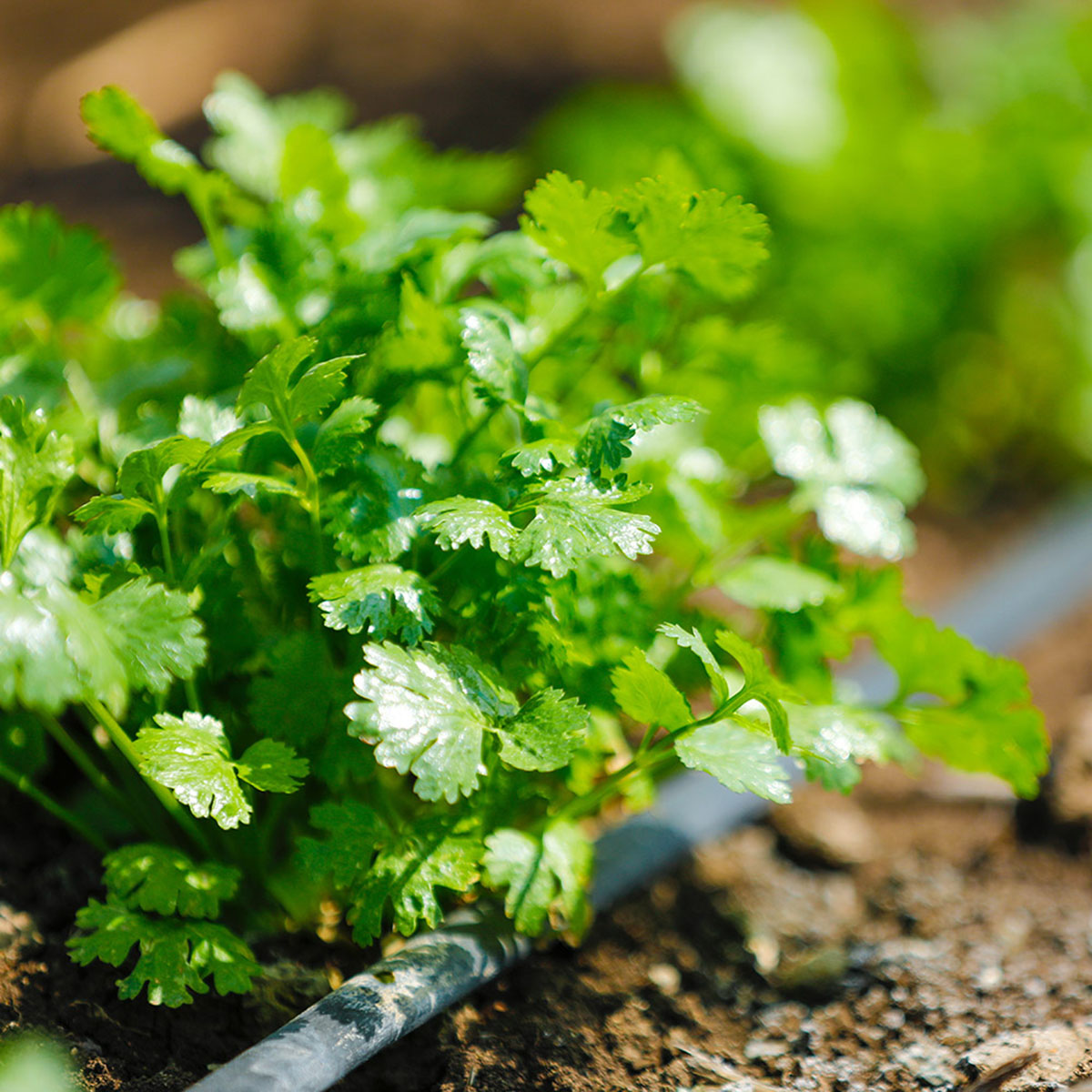
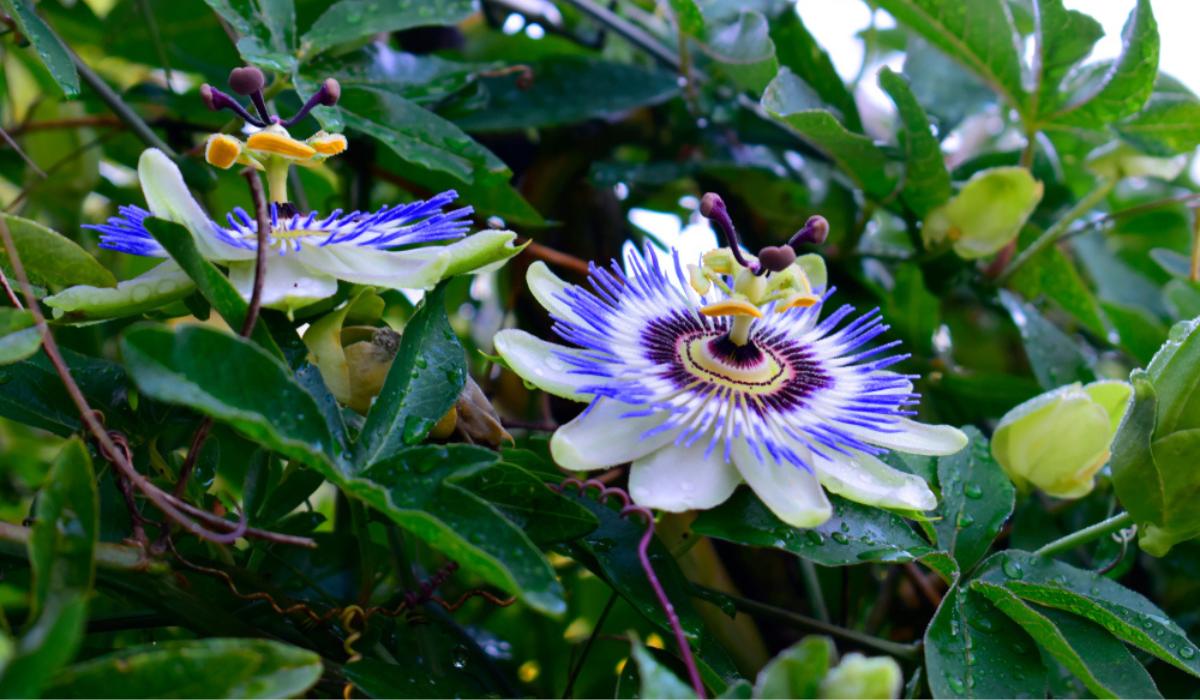
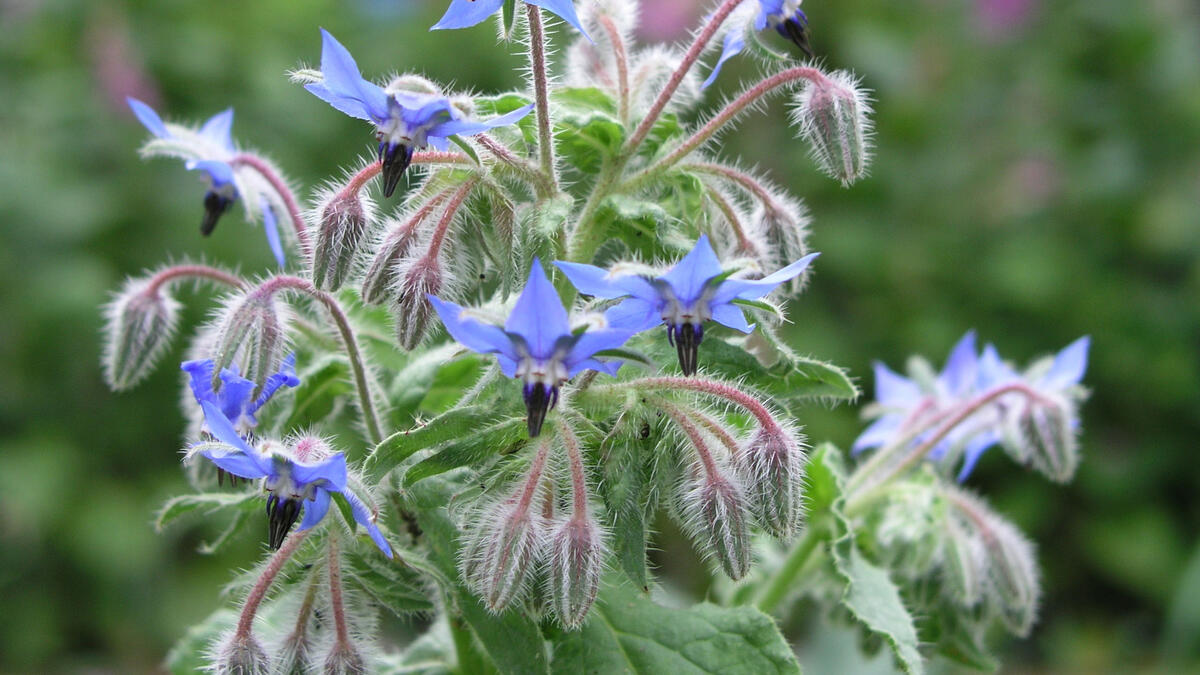
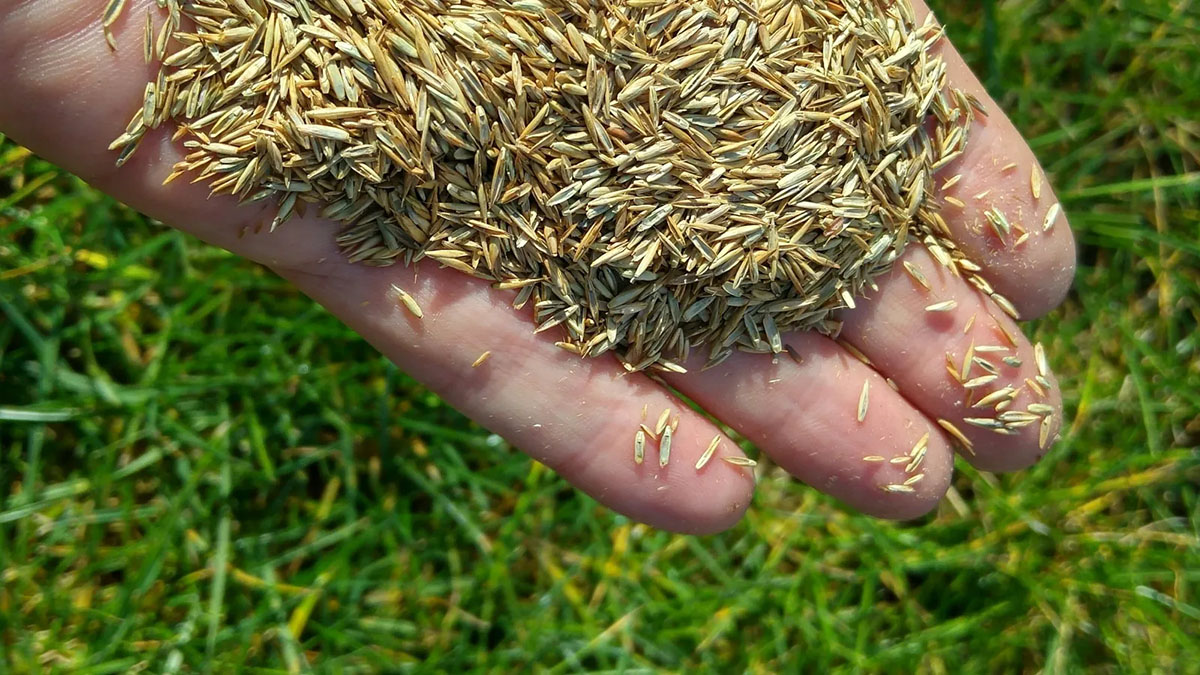
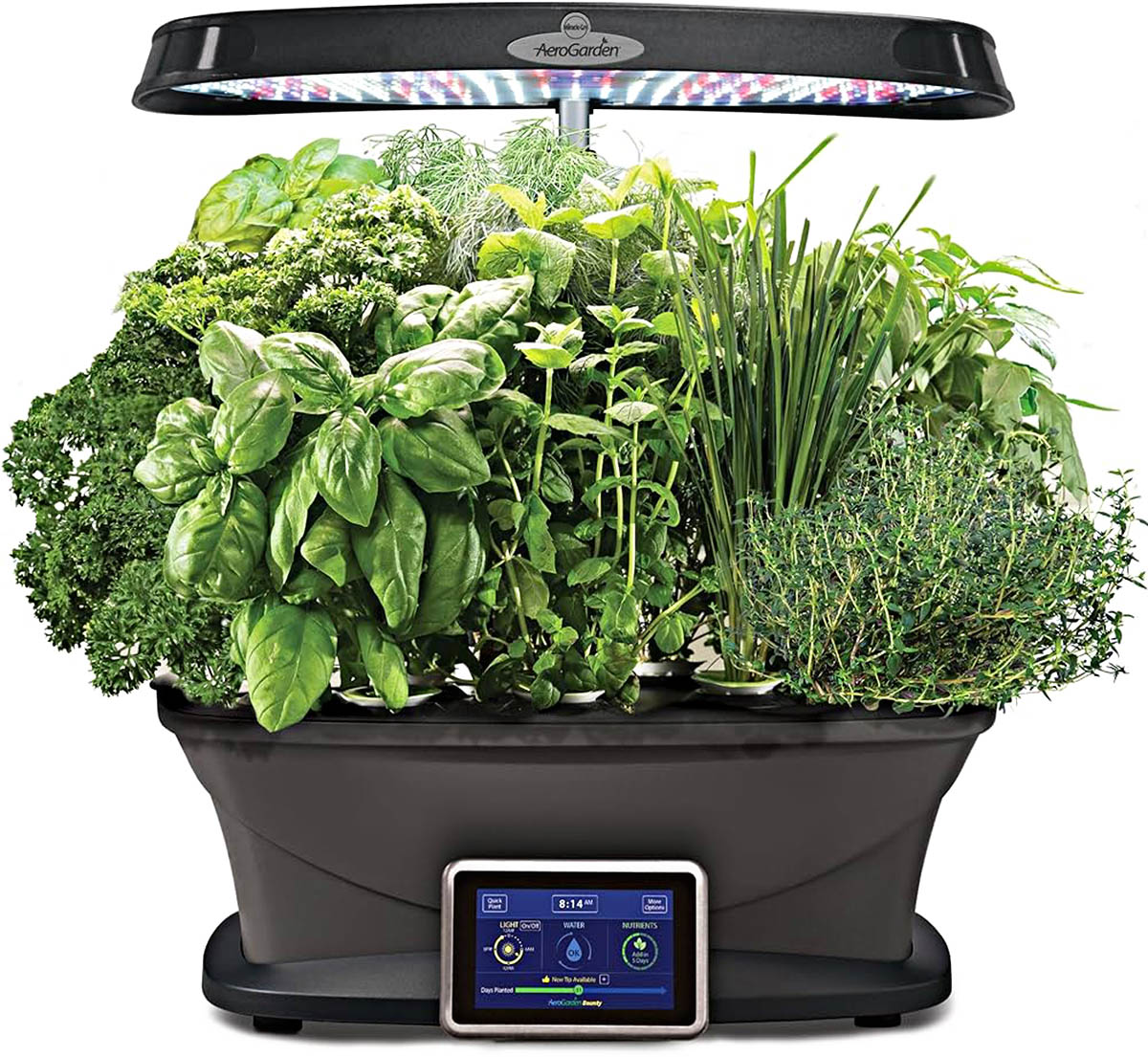
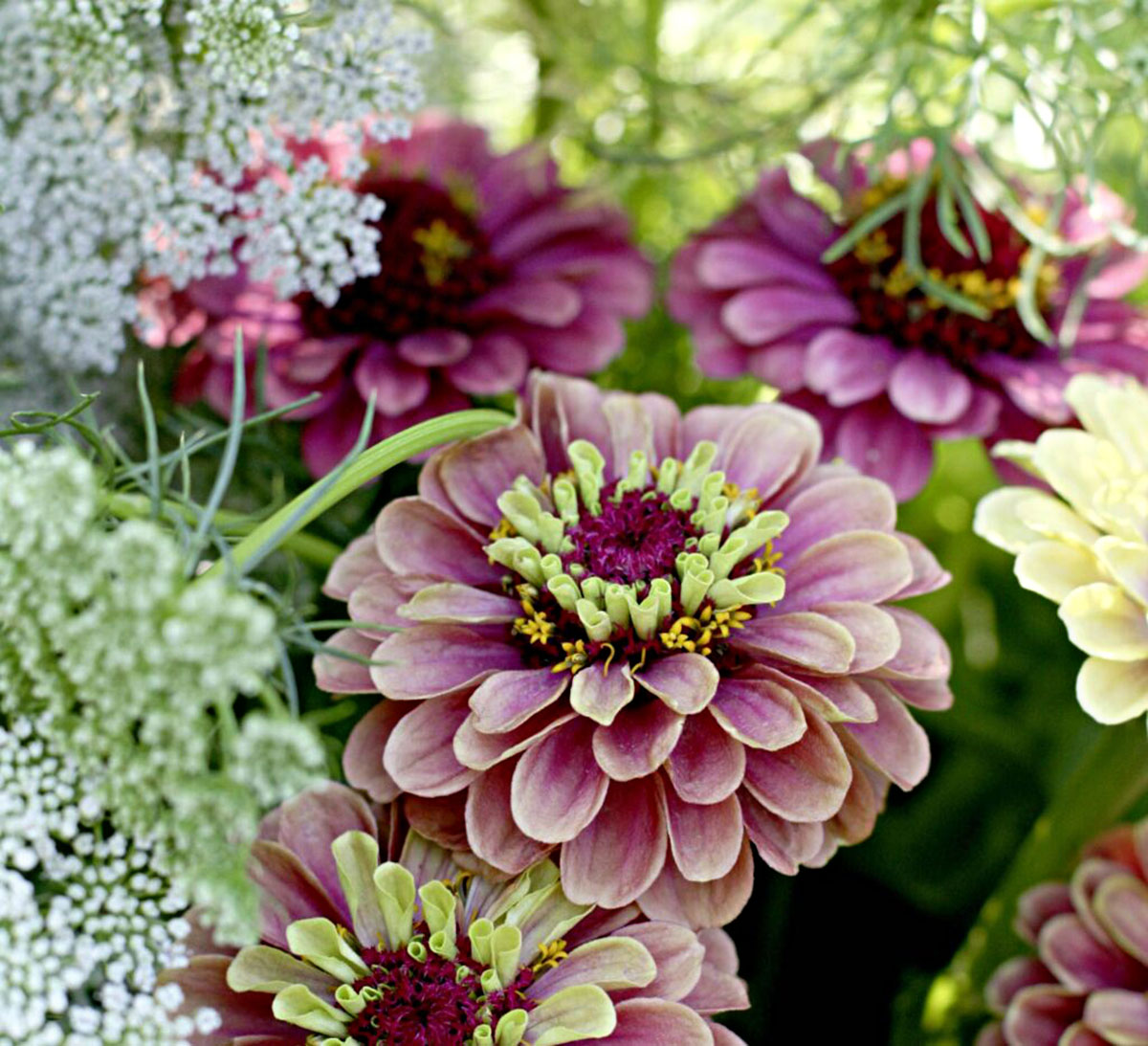
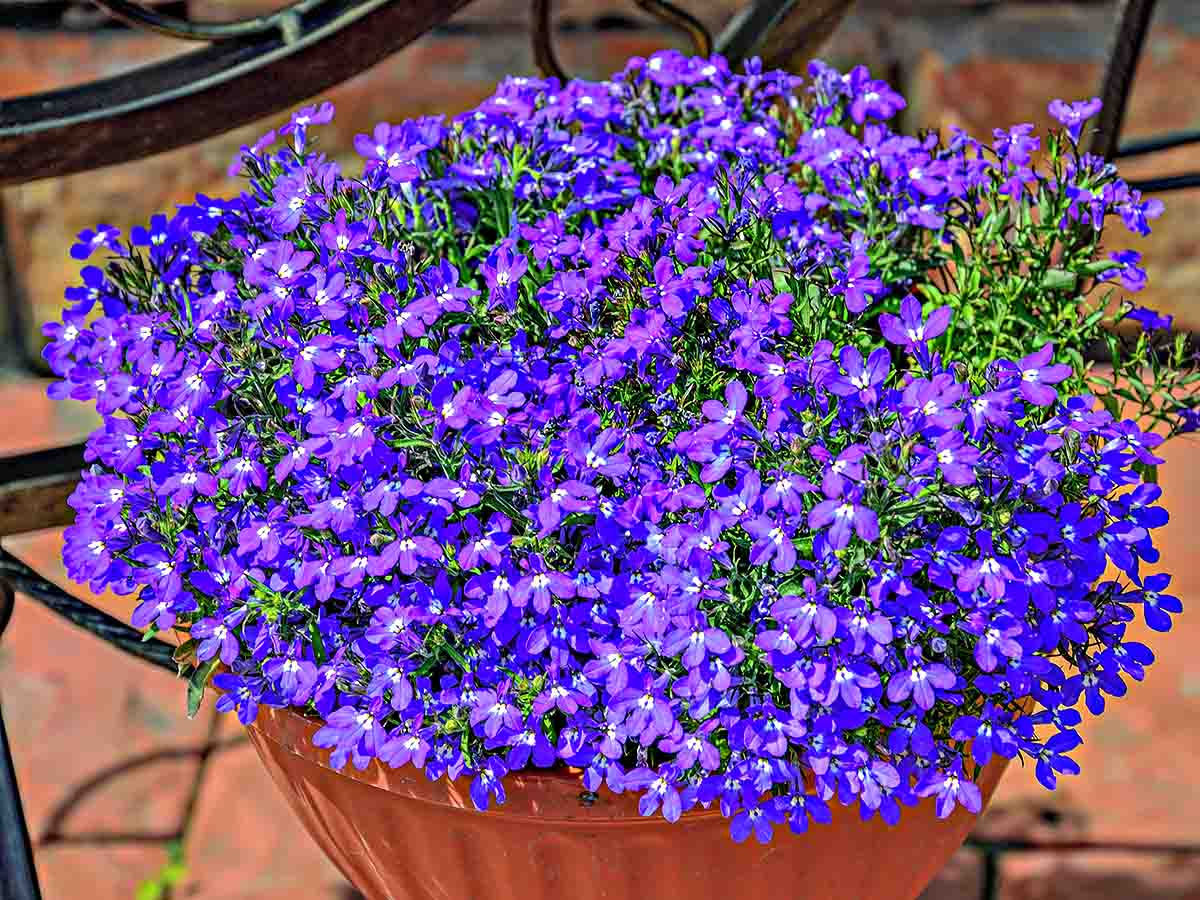
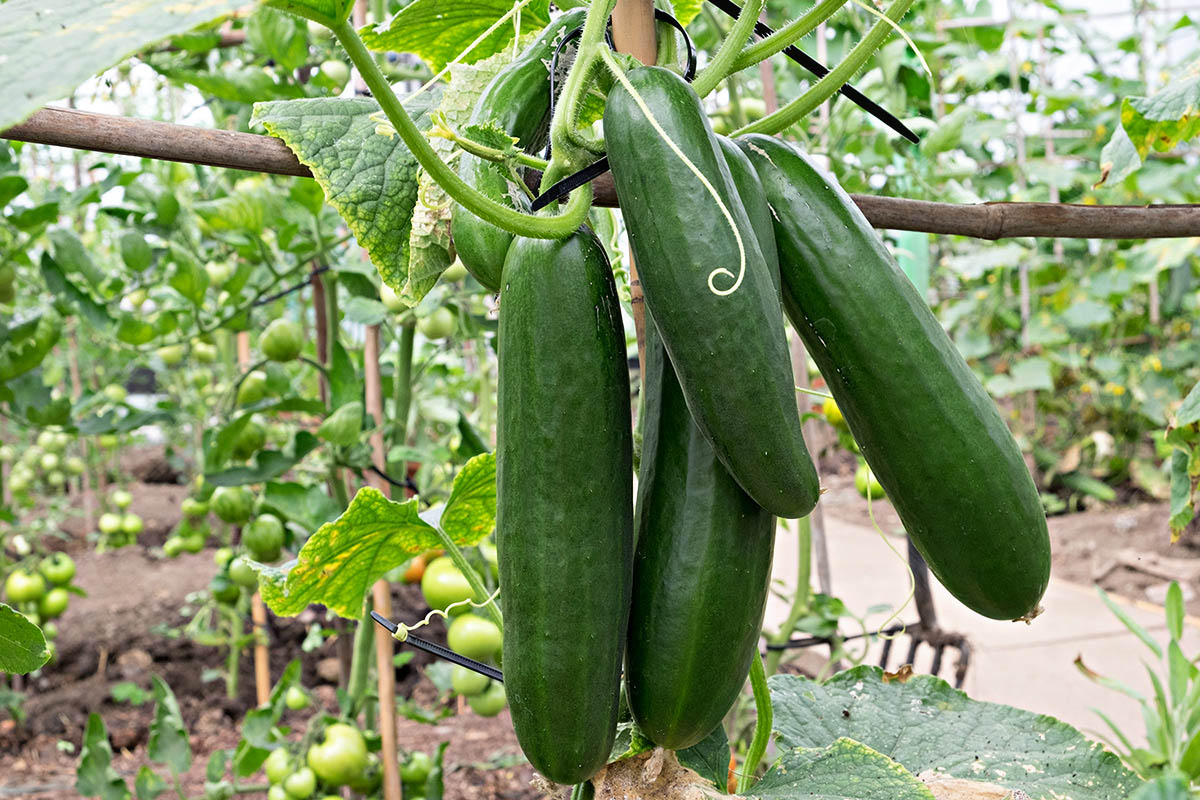

0 thoughts on “How Long For Mini Clover To Germinate”